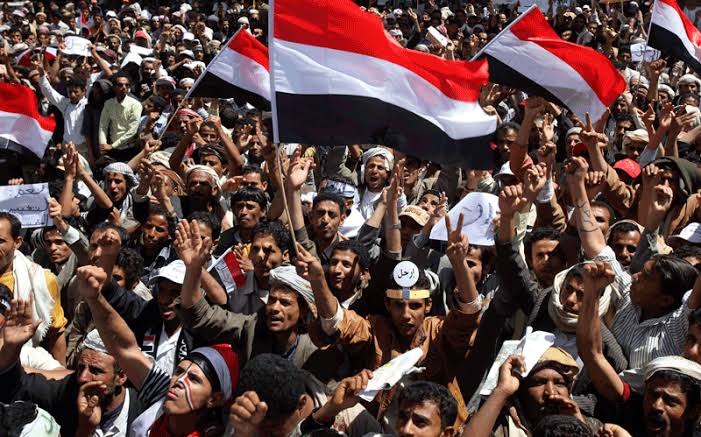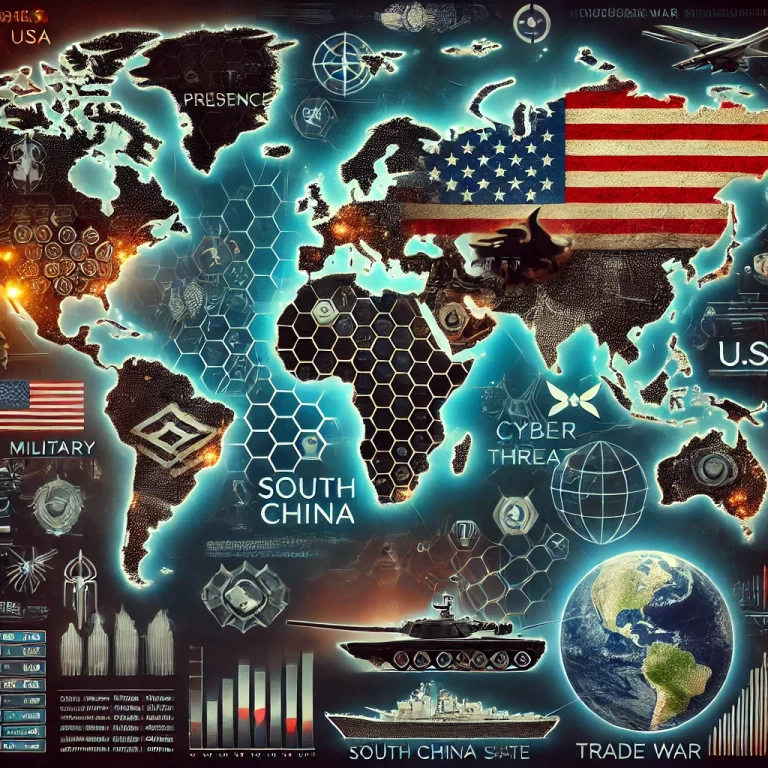
Why Yemeni Unity is Important
Despite enduring crises and conflicts since the establishment of unity, Yemeni unity remains a steadfast bulwark protecting the nation’s geography and serving as a vital component of any political settlement.
Despite the profound differences in viewpoints and the multitude of disagreements, many view division as irreversible. The toil, struggle, and sacrifices endured make it inconceivable to accept division merely due to political challenges and missteps inherent in any liberation movement aimed at rescuing a nation from diaspora and disunity.
Therefore, it is crucial, as we mark the thirty-fourth anniversary of the reaffirmation of Yemeni unity and the establishment of the republic, to address mistakes and personal issues without diminishing the paramount value of unity. Re-establishing Yemeni unity stands as one of the crowning achievements in Yemen’s contemporary history, reflecting the aspirations of the national movement and the ideals of the Yemeni revolution. Division and fragmentation were aberrations, driven by conflicts between ruling regimes, and internal strife has proven futile in resolving existing problems.
This historical and geopolitical transformation marked a pivotal moment in Yemen’s modern history, distinguished by its emergence through dialogue and political consensus. It was the fruit of tireless efforts by political and economic elites, with contributions from all Yemeni citizens in shaping the state constitution and its foundational laws.
The attainment of unity coincided with the embrace of political pluralism, freedom of expression, and an enhanced focus on human rights, particularly the political rights of Yemeni women. Despite some shortcomings in the power-sharing provisions of the unity agreement, the process of integrating two entities, two systems, and two political heritages into a unified state was fraught with challenges, requiring considerable effort and flexibility during the transitional period.
However, this endeavor veered into excessive power-sharing and management, leading to the expansion of the state’s administrative apparatus and clashes within the intellectual and social fabric. These challenges necessitated corrective measures, exacting heavy costs and plunging the state into new crises.
With the advent of the first post-transitional period elections, the complexity of governing a state with diverse ideologies became apparent. Former President Ali Abdullah Saleh’s proposal to unify the General People’s Congress with the Yemeni Socialist Party aimed to mitigate competition between ruling parties but encountered resistance, underscoring the intricate nature of such endeavors.
Despite enduring crises and conflicts since the establishment of unity, Yemeni unity remains a steadfast bulwark protecting the nation’s geography and serving as a vital component of any political settlement. It stands as a potent lever in overcoming obstacles during the state-building process, fostering modern civilization through equal citizenship, and preventing the country from succumbing to factional interests.
A cursory glance at global geography underscores the principle that strong nations unite to bolster state power and ensure territorial cohesion and dignity. Examples such as the United States, Germany, and the United Arab Emirates demonstrate the dividends of unity in fostering economic and political leverage.
In an era characterized by alliances and collective action, unity fosters a cohesive, robust entity capable of addressing challenges collectively. National dialogue among Yemen’s people, intellectuals, politicians, dignitaries, and thinkers remains indispensable for further development and adaptation, underscoring the Yemeni people’s recognition of unity’s intrinsic value as a harbinger of the nation’s future prosperity.
In an era characterized by alliances and collective action, unity fosters a cohesive, robust entity capable of addressing challenges collectively. National dialogue among Yemen’s people, intellectuals, politicians, dignitaries, and thinkers remains indispensable for further development and adaptation, underscoring the Yemeni people’s recognition of unity’s intrinsic value as a harbinger of the nation’s future prosperity.
Today, after all these years since the establishment of unity and the nation’s subsequent crises and conflicts, Yemeni unity remains a formidable defense, safeguarding the nation’s geography. It serves as a crucial safety valve for any political settlement agreed upon, and it may well be the strong lever needed to navigate through many pitfalls encountered during the state-building process. By consolidating the principles of equal citizenship and equality and implementing reform projects, modern civilization is fostered, preventing the country from being torn between north and south and shielding it from the influence of motorized classes and utilitarian groups lacking a realistic vision for Yemen’s future.
A glance at the world’s geography reinforces the notion that strong nations unite to consolidate state power and distribute authority to various administrative units in a manner that preserves the country’s unity and dignity. Examples such as the United States and Germany, after unifying their respective eastern and western parts, have become economic and political pillars, wielding influence far beyond their borders. Similarly, the experience of the United Arab Emirates illustrates the benefits of unity in fostering economic prosperity and political stability.
In this era of alliances and collective endeavors, unity forms the bedrock of a cohesive, resilient entity capable of confronting challenges collectively. As an Arab academic once remarked, “Tell me who your allies are, and I will tell you who you are.” In essence, a nation’s geographical, political, and cultural dimensions determine its future trajectory. Yemen possesses a rich heritage and geographic significance, and unity has only served to enhance its strength and prestige. It is imperative not to overlook this enduring achievement, as everything can be refined and developed through sincere national dialogue among Yemen’s people, intellectuals, politicians, dignitaries, and thinkers. The Yemeni people recognize the value of unity as the cornerstone of their future prosperity.
_________________
Dr. Taha Hussein Al-Hamdani is a guest writer and regular contributor to the Sixteenth Council Insights



